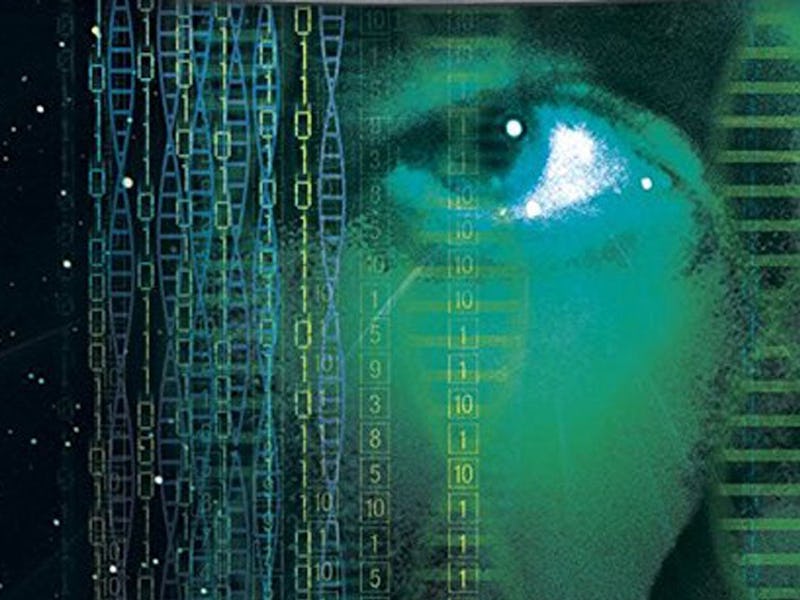The Most Unnecessary Sci-Fi Reboot Accidentally Changed TV Forever
You forgot Total Recall 2070, but you certainly remember the shows it paved the way for.

One of the greatest Philip K. Dick premises of all time is the low-rent vacation. Instead of the cost and hassle of going to Mars, you can have memories of a Martian vacation implanted in your mind. This concept, introduced in the 1966 short story “We Can Remember It For You Wholesale,” spawned one of the all-time great sci-fi movies, 1990’s Total Recall. But just like the false memories implanted into its characters, the vitality of Total Recall faded with each subsequent iteration. Between the 1990 movie and the bland 2012 remake, one Recall was completely erased from your mind: Total Recall 2070.
Was this TV show any good? No. However, watching it 25 years after it debuted will show you the template for several popular sci-fi shows that followed.
Before you go running to Tubi, be aware that Total Recall 2070 is only available via fan-uploaded YouTube videos. Made in Canada, it’s the lowest low-budget sci-fi, putting even the dismissal and unrealistic cityscapes of Highlander 2 to shame. Borrowing concepts from the 1990 film and original short story, as well as outright pilfering from Blade Runner, Total Recall 2070 feels like a Philip K. Dick remix made for late-night ’90s cable.
We follow a detective named David Hume (Michael Easton), a cop who hates androids until, of course, he gets one as a new partner. This hacky premise is slightly elevated by the fact Ian the android (Karl Pruner) and David are trying to uncover several conspiracies involving a corrupt corruption called the Consortium. Throw in a few false and erased memories thanks to “Rekal” technology, and you’ve got yourself the building blocks of at least two prestigious sci-fi dramas of the 21st century.
While Total Recall 2070 wants you to think it’s a grungy cyberpunk not quite fit for Skinimax, in its broad strokes it’s basically just Westworld or Altered Carbon, but with actors you’ve never heard of and an utterly unconvincing VFX budget. The story arcs and aesthetics, however, are pretty much the same.
Remember when HBO’s Westworld was praised in 2016 for its gratuitous nudity, violence, and supposedly complex plot about secret robots? Total Recall 2070 checks all those boxes. It even has the threat of an evil corporation controlling everything too. And remember in 2018 when Altered Carbon tried to get by on Blade Runner aesthetics alone? Total Recall 2070 walked so Altered Carbon could walk slightly faster.
Do these similarities suggest that Total Recall 2070 would have been a great show had the budget been larger, the dialogue better, or the actors given clearer direction? Maybe, maybe not. But what Total Recall 2070 does reveal is the fragility of some very pervasive sci-fi tropes.
Cops hate having robot partners — until they don’t.
Part of what makes Blade Runner or the original Westworld film special is how self-contained they are. Philip K. Dick and Michael Crichton’s stories often share one element: the world-building is tailor-made for the story at hand, and once expanded starts to stretch credibility. Dick may have used androids and altered memories throughout his stories, but his books don’t really fit into a true shared universe.
In other words, the problem with Total Recall 2070 is the same problem with Westworld; we lingered in these sexed-up cyberpunk worlds too long, and their world-building couldn’t withstand that much narrative scrutiny. Certainly, Westworld and Altered Carbon are more fun to watch than Total Recall 2070, but the same flaw is there: the worlds aren’t quite convincing enough to sustain more than a few hours of a TV show, let alone dozens of them.
Total Recall 2070 may have been an utter failure, but it accidentally created a warning that modern shows would do well to heed. When it comes to noir cyberpunk, erased memories, and androids wanting to become human, less is usually more.